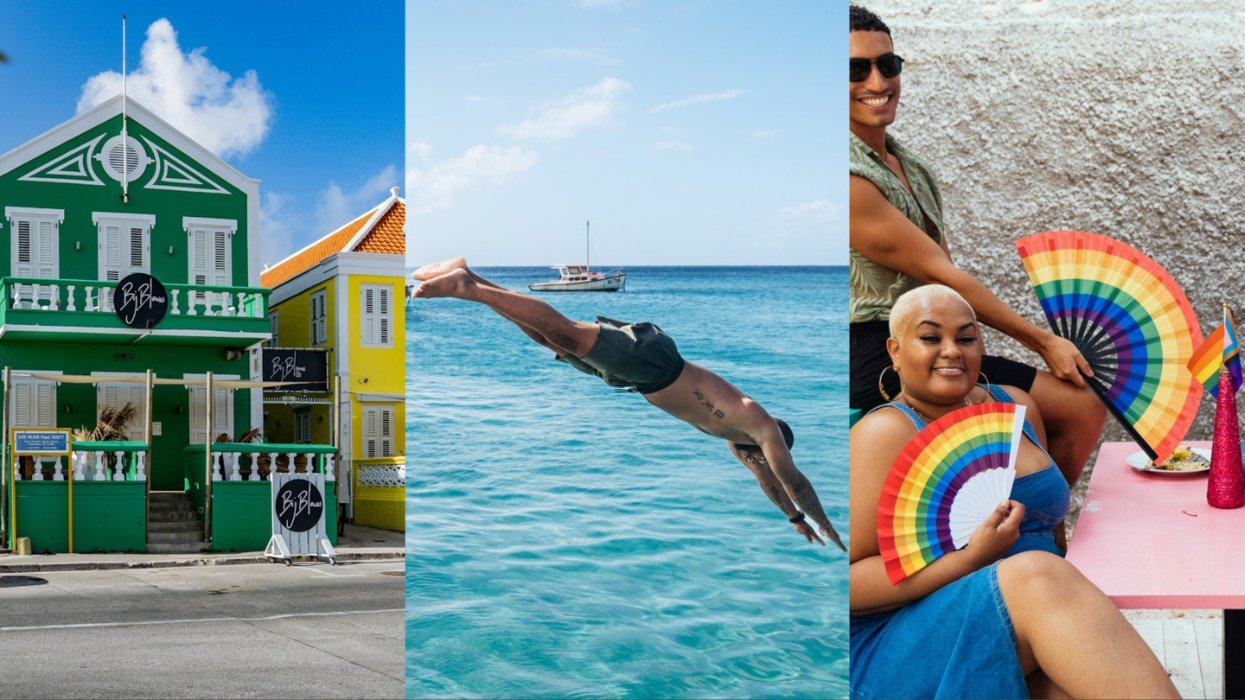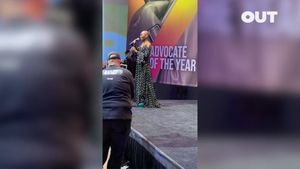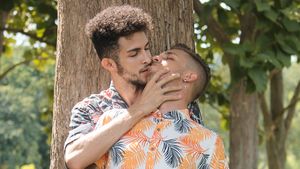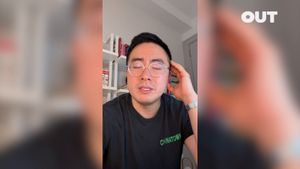A Guatemalan man
who sought asylum in the United States was denied his
appeal by a panel of the San Francisco-based ninth circuit
court of appeals Monday because, the judges said, he
had lied under oath.
Saul Martinez had
said in his first immigration hearing that he would
face political persecution if he were deported to
Guatemala but later admitted he feared for his life
because he's gay, according to the Contra Costa
Times, a Northern California newspaper. Two of the
three judges on the panel wrote that it would be a
"manifest injustice" to allow Martinez to win asylum even
after lying under oath. The third judge said it was
understandable for a man who was targeted for being
gay to protect himself by inventing a story.
Martinez
initially requested asylum after entering California in
1992. He said the Guatemalan government threatened him
because he was the leader of a student group at the
University of San Carlos, a school known for being
radical and a frequent target of government-backed
repression.
"I am afraid to
return Guatemala because many of my companions
[disappeared] completely and I can ... disappear likewise,"
Martinez wrote in his first request in 1992. "I was
constantly threatened by the Government and my life
was in more danger than the rest of the people of my
country. If I didn't leave, I would have been
killed."
Martinez added to
his claim in 1995, saying he started getting
threatening phone calls in 1991 because of his participation
in a politically toned parade. He also said he was
chased by a car on two separate occasions and shot at,
possibly by government forces.
Immigration
officials found that Martinez created a ruse for
investigators by coming up with an elaborate
story, according to a 1995 report on Martinez's
case. He later admitted his account was "partially
incorrect" but said the persecution he endured was
because of his sexual orientation.
The dissenting
judge, Harry Pregerson, said that when Martinez requested
asylum in 1992, being gay was not yet recognized in
immigration law as a basis for asylum. He said
Martinez was wrong in initially giving a false
account, but he still disagreed with the majority opinion,
saying that the other judges failed to put Martinez's
case into context.
"It is not hard
to imagine ... that a gay man who has suffered
persecution on account of his sexual orientation would hide
that fact from government authorities," Pregerson
wrote.
Judges John
Noonan and Stephen Trott said Martinez's failure to disclose
his sexual orientation hurt his case. Martinez never faced
problems from the U.S. government and "spent more than
three years in the Los Angeles area freely associating
with other gays," they wrote in the majority opinion.
Denial of the
appeal means Martinez will be deported to Guatemala.
(Michelle Garcia, The Advocate)


















































































